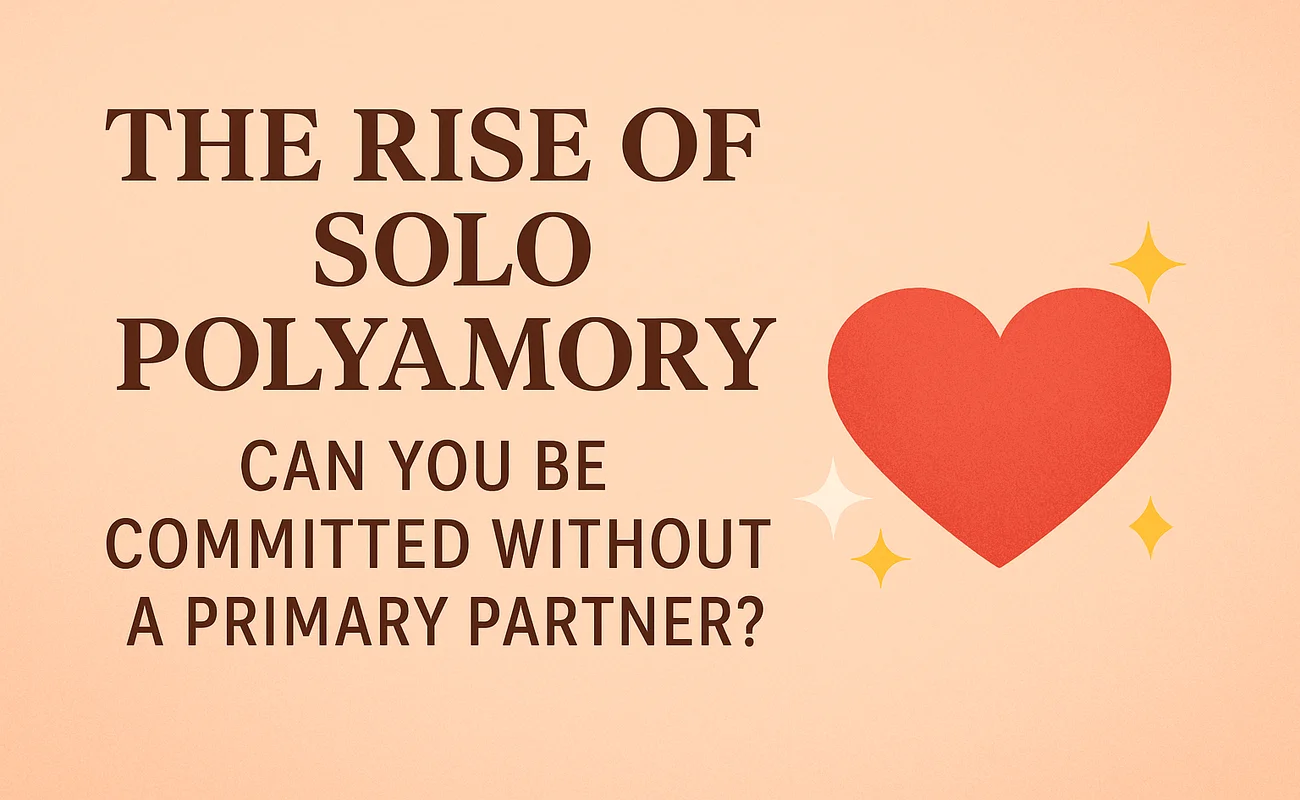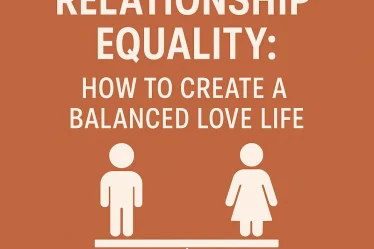
In today’s world of diverse dating and relationship models, one concept is gaining growing attention: solo polyamory. For those who cherish autonomy while still craving deep emotional connections, this evolving relationship style offers a compelling alternative to traditional monogamy or even hierarchical polyamory.
But what does it really mean to be solo poly? And more importantly—can you truly be committed without having a primary partner? Let’s explore this rising trend, its philosophy, its challenges, and why it may be the future for many modern daters.
What Is Solo Polyamory?
Solo polyamory is a form of ethical non-monogamy where individuals engage in multiple intimate relationshipswithout designating one person as their “primary” partner. Unlike couples who open up their relationship to see others, solo poly individuals often:
- Live alone or separately from their partners
- Prioritize personal autonomy and self-growth
- Avoid hierarchical structures that rank partners by importance
- Still maintain meaningful, long-term emotional and sexual connections
Solo polyamory is about loving freely and intentionally, while also embracing independence. As relationship educator Meg-John Barker puts it, “It’s about designing relationships based on what works for you, rather than fitting into a mold.”
How Solo Polyamory Differs From Other Non-Monogamous Relationships
It’s easy to confuse solo polyamory with other forms of polyamory or open relationships. Here’s how it stands apart:
| Relationship Type | Key Feature | Living Situation |
|---|---|---|
| Hierarchical Polyamory | Primary partner + secondary relationships | Often cohabiting with primary |
| Relationship Anarchy | No rules, all connections are equal | Varies widely |
| Open Relationship | Couple-centered, non-exclusive sex | Usually cohabiting |
| Solo Polyamory | No central or primary partner | Lives independently |
What sets solo polyamory apart is the intentional absence of hierarchy and the strong emphasis on individual autonomy, even in the presence of deep romantic bonds.
Why More People Are Choosing Solo Polyamory
Several cultural and generational shifts have contributed to the rise of solo polyamory:
- Changing views on commitment and marriage
- The desire for personal freedom and identity
- Growing awareness through podcasts, social media, and queer communities
- Increased visibility of alternative relationship models
Younger generations, especially Millennials and Gen Z, are leading this trend. Many of them seek relationships that are emotionally deep but don’t require cohabitation, legal entanglement, or exclusivity.
Can You Be Committed Without a Primary Partner?
Absolutely—and that’s one of the core beliefs of solo polyamory.
Commitment doesn’t have to look like shared leases, joint bank accounts, or wedding rings. In solo polyamory, commitment is redefined as:
- Consistent emotional presence
- Open and honest communication
- Intentional time and energy investment
Many solo poly people have relationships that last years or even decades—without ever moving in together or labeling anyone as their “main” partner. Their love is committed by choice, not by structure.
Benefits of Solo Polyamory
Solo polyamory offers several advantages for those who value both connection and independence:
- 🌱 Personal growth without codependence
- 💞 Freedom to explore multiple fulfilling relationships
- 🧘 Greater control over your time and lifestyle
- 🗣️ Transparent, intentional communication
- 🏠 Living on your own terms
For many, it’s the best of both worlds—intimacy without obligation.
Challenges and Misconceptions
Despite its appeal, solo polyamory isn’t without its challenges. Common misconceptions include:
- “You’re just avoiding commitment”
- “You’re afraid of intimacy”
- “You must be lonely”
In reality, solo polyamorous people often maintain multiple rich, emotionally fulfilling connections. However, they do face practical hurdles, such as:
- Explaining their lifestyle to friends, family, or traditional-minded partners
- Managing time and energy across different relationships
- Navigating legal or medical issues without a recognized partner
Building a support system and communicating openly can help mitigate many of these challenges.
Is Solo Polyamory Right for You?
Not everyone is wired for solo polyamory—but if these ideas resonate, it might be worth exploring:
✅ You value autonomy and personal freedom
✅ You don’t want to live with a partner
✅ You’re capable of emotionally engaging with multiple people
✅ You believe commitment isn’t tied to structure
Still unsure? Reflect on your needs with a self-check:
- Do I want to prioritize my independence over cohabitation?
- Am I comfortable forming multiple deep connections?
- Do I thrive without rigid relationship roles?
How to Practice Solo Polyamory Ethically
Like any relationship style, ethical solo polyamory relies on intentionality and honesty. Here are a few best practices:
- 🗨️ Communicate clearly with all partners about expectations and boundaries
- 💬 Check in regularly—emotionally and logistically
- 📝 Create agreements that work for everyone involved
- 📆 Stay organized with schedules to avoid burnout
- 💡 Educate yourself with books like “More Than Two” or “The Ethical Slut”
Online communities and local meetups can also offer support, advice, and friendship.
Conclusion: Redefining Love on Your Own Terms
Solo polyamory is about loving deeply without giving up yourself. It’s not a rejection of commitment—it’s a reimagining of it.
As the world opens up to diverse expressions of love and connection, models like solo polyamory remind us that there’s no one “right” way to love. Whether you’re exploring the idea or living it fully, the key is honesty, respect, and choice.
Because love, in all its forms, should feel like freedom.



